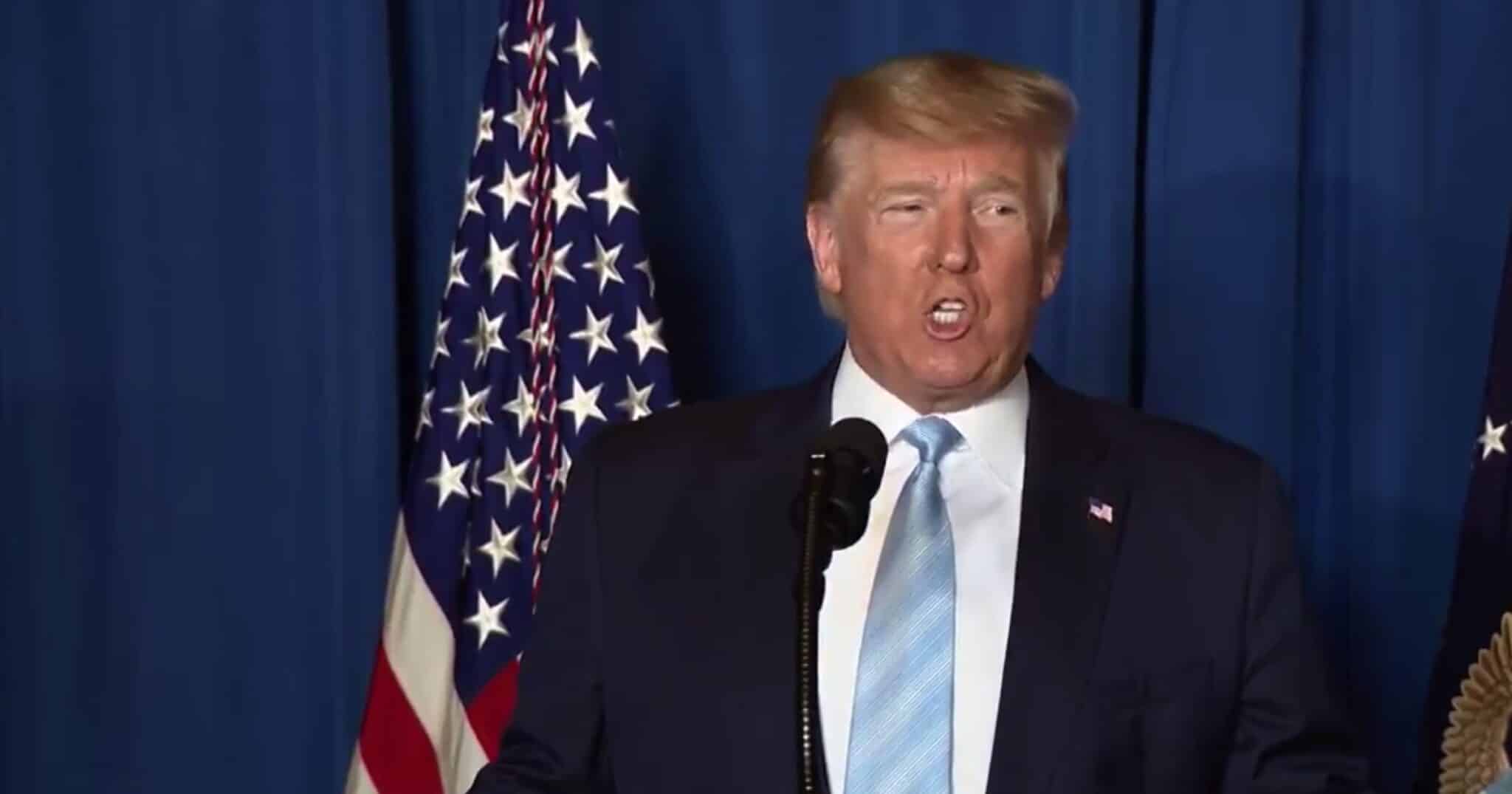








CNN anchor Jake Tapper addressed a misquote made by Vice President Kamala Harris regarding comments from former President Donald Trump, sparking a lively discussion about accuracy in political discourse.
Fox News reported that Harris had claimed that Trump's remarks indicated a disregard for women's autonomy, suggesting he would impose abortion restrictions "whether the women like it or not," but Tapper clarified Trump was speaking about protecting women from violence by illegal immigrants.
During a rally in Phoenix last Thursday, Harris asserted that Trump’s comments demonstrated a continuation of his stance on controlling women’s reproductive rights.
She portrayed him as willing to enforce abortion bans without concern for women’s opinions, linking this to what she described as “Trump abortion bans” enacted in certain states.
Trump’s actual remarks, as clarified by Tapper, were centered on immigration and public safety. He criticized Harris’ administration policies, claiming they had allowed dangerous criminals into the United States.
Trump's controversial comment, "I'm gonna do it whether the women like it or not," referred to his pledge to protect women from these alleged threats, rather than imposing reproductive choices.
On his CNN show, Tapper scrutinized Harris' interpretation of Trump’s statements. He emphasized that she selectively presented the quote, missing the context that Trump was referring to his self-assigned role as a protector against crime
. Tapper’s thorough analysis prompted further discussion among his panel, which included Democratic strategist Karen Finney, about the importance of quoting accurately in political narratives.
Harris remained firm in her position, arguing that Trump's past rhetoric reflects his broader approach to women's rights. She reiterated concerns over state-level abortion bans, which she argued limit women's freedoms and health choices, calling them "immoral" given the lack of exceptions for cases like rape and incest.
On social media platform X, Harris extended her argument by asserting that Trump believes he should have control over women's bodies, regardless of their consent. This post mirrored her rally remarks, underscoring her campaign against perceived threats to women's rights under Trump's influence.
Inside the CNN panel, opinions were divided. While Finney suggested the need for caution to avoid generalizing statements inaccurately, she maintained that Harris' broader critique of Trump's attitudes towards women still holds weight.
Tapper, however, stressed that it is crucial to maintain fidelity to quoted material, especially during politically charged periods.
The debate also touched on the manner of Trump’s language. Tapper acknowledged that Trump's choice of words could be seen as objectionable, but also reinforced that when stripped of context, they can lead to misinterpretations. He called for more disciplined reporting to avoid fanning unnecessary tensions or misconstruing intent during campaigns.
Reflecting on similar past scenarios, Finney noted the risks of mischaracterizing statements in volatile electoral spaces, hinting at lessons drawn from the 2016 election cycle.
The conversation shifted to the broader implications of adapting such narratives during election periods, as both parties prepare for forthcoming national votes.
This incident has instigated further reflection on the responsibility of leaders and media to maintain integrity in public communications. As the political landscape heats up in anticipation of the upcoming elections, ensuring precise and contextual reporting remains a critical pillar for informed public discourse.
The exchange between Harris’ campaign messaging and Tapper’s correction injects another layer into the ongoing political debate over women’s rights, immigration policy, and the framing of political rhetoric.


